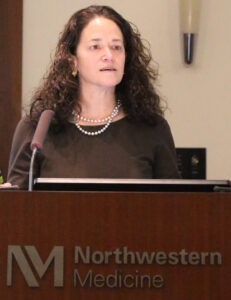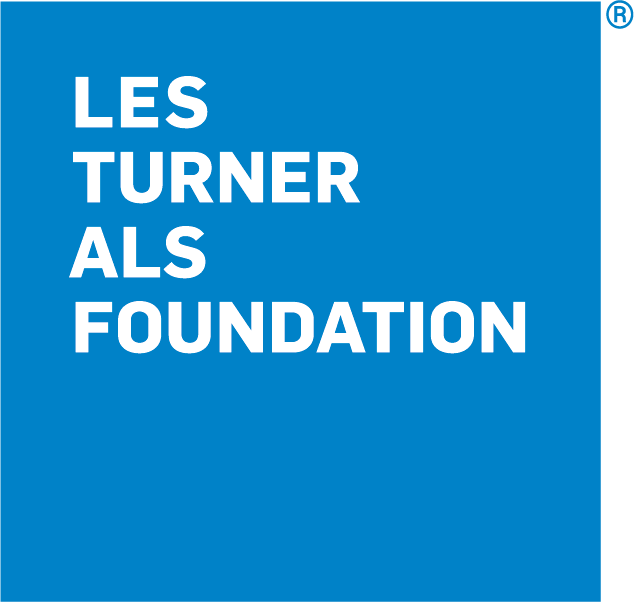 Today was a tough call for the ALS community, but not entirely disheartening. BrainStorm released the topline results this morning (November 17) from its Phase 3 trial for NurOwn® showing it did not meet statistical significance in its primary efficacy endpoint, which was to slow decline in ALSFRS-R compared to the placebo group. BrainStorm stated it was exceedingly grateful to the nearly 200 patients who participated in this trial over a long period of time, with multiple visits. We share that gratitude to these selfless patients. Despite the headline, there was encouraging news presented on the company’s call today.
Today was a tough call for the ALS community, but not entirely disheartening. BrainStorm released the topline results this morning (November 17) from its Phase 3 trial for NurOwn® showing it did not meet statistical significance in its primary efficacy endpoint, which was to slow decline in ALSFRS-R compared to the placebo group. BrainStorm stated it was exceedingly grateful to the nearly 200 patients who participated in this trial over a long period of time, with multiple visits. We share that gratitude to these selfless patients. Despite the headline, there was encouraging news presented on the company’s call today.
The encouraging news is that, according to the press release, NurOwn® showed a clinically meaningful treatment response compared to placebo in a subgroup of patients in which nearly 35% of responders met the primary endpoint with an improvement of 2.01 ALSFRS-R points over placebo over a 28 week period. The principal investigator hypothesized that people in earlier stages of the disease might have a better response. Changes in certain biomarkers were also welcome findings from this study.
 Dr. Merit Cudkowicz, one of the principal investigators of this trial and the Julianne Dorn Professor of Neurology at Harvard Medical School and the Director of the Healey Center for ALS and Chair of Neurology at Mass General Hospital said, “We found a clinically meaningful response to NurOwn in a pre-specified group of patients (greater than or equal to 35 ALSFRS-R at baseline). A change in pre- to post- treatment slope of 1.25 or more is substantial and clinically important. Given the heterogeneity of ALS, it is not surprising that measurement of treatment effect may be influenced by disease severity including the behavior of disease progression rates at the lower end of the scale. It is important to fully explore this finding. In addition, NurOwn was observed to have its clear intended biological effects with important changes in the pre-specified disease and drug related biomarkers.”
Dr. Merit Cudkowicz, one of the principal investigators of this trial and the Julianne Dorn Professor of Neurology at Harvard Medical School and the Director of the Healey Center for ALS and Chair of Neurology at Mass General Hospital said, “We found a clinically meaningful response to NurOwn in a pre-specified group of patients (greater than or equal to 35 ALSFRS-R at baseline). A change in pre- to post- treatment slope of 1.25 or more is substantial and clinically important. Given the heterogeneity of ALS, it is not surprising that measurement of treatment effect may be influenced by disease severity including the behavior of disease progression rates at the lower end of the scale. It is important to fully explore this finding. In addition, NurOwn was observed to have its clear intended biological effects with important changes in the pre-specified disease and drug related biomarkers.”
The trial consisted of a randomized, double-blind placebo-controlled Phase 3 trial to evaluate the effects of mesenchymal stromal stem cells secreting neurotrophic factors (MSC-NTF cells) on disease progression in patients with ALS. MSC-NTF cells are autologous (the patient’s own) cells harvested from the bone marrow in an outpatient procedure. The cells are cultured to secrete higher levels of neurotropic factors — chemicals that protect neurons. The cells were back-transplanted into the patient intrathecally by standard lumbar puncture.
The study revealed robust changes in biomarkers of neurodegeneration, which bode well for future treatment development in ALS. Biomarkers are naturally occurring molecules, genes, or signals found in blood and urine that reflect changes in the body. The biomarker analyses confirmed NurOwn resulted in a statistically significant increase of neurotrophic factors and reduction in neurodegenerative and neuroinflammatory biomarkers.
We are looking forward to better understanding the effectiveness of NurOwn that will be presented at the International Symposium on ALS/MND on December 12, 2020.
It is a pivotal time for ALS research, and we’ll share information in the months ahead on the rapidly changing results coming from ALS scientific and clinical research. BrainStorm is in discussions with the FDA regarding possible pathways to approval. For more information, visit the company’s website at brainstorm-cell.com.
Together toward a cure,
Andrea Pauls Backman, Chief Executive Officer


